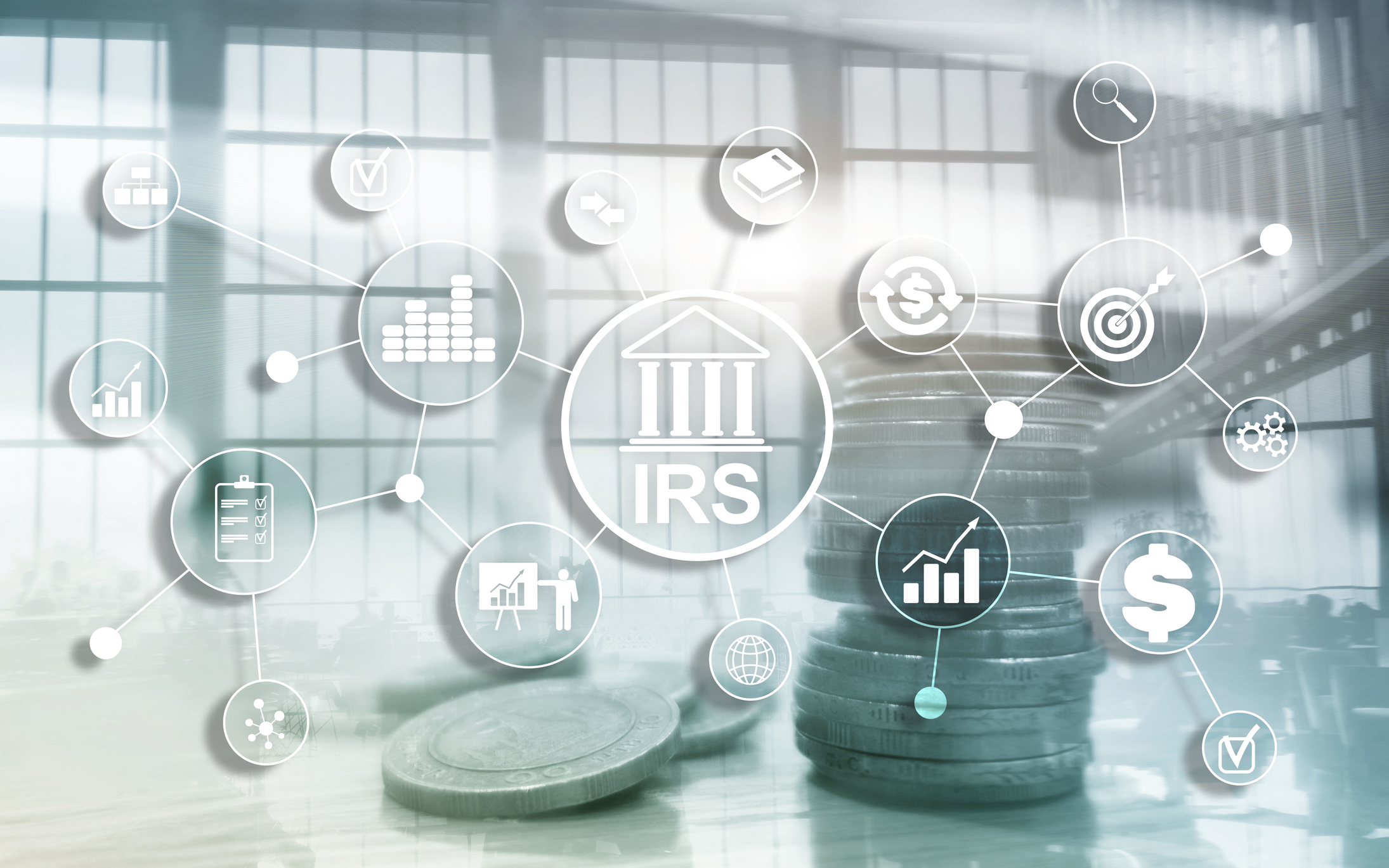As a result of the Taxpayer First Act some changes have been made to the IRS that may affect you. Some of these changes include:
- The IRS is prohibited from turning over tax debts of low-income individuals to private tax-debt collectors. However, taxpayers will get notice when a third party, such as a bank or employer, is contacted.
- Ideas to help victims or potential victims of tax identity theft are included and indiviuals will be alerted if identity theft is suspected. Identity theft victim will be assigned an IRS employee to track their case as well.
- Individuals will also be able to request a special password to use before filing returns.
- The fine for filing a late return is going up, under the new law, and $215 figure will be increased to $330 for returns required to be filed after 2019.
- Employers will be able to truncate Social Security numbers on W-2s that are sent to employees. In order to prevent identity theft and refund fraud, only the last four digits will be shown.
- Self-employed health insurance write-off lowers qualified business income.
- Employers that don’t provide an affordable health plan with 50 or more full time workers will owe a tax if the employees buy coverage on the marketplace and qualify for a credit.
Remember that donations that you make to individuals and through personal fund-raising websites, such as gofundme, will not be tax-deductible. For more information, refer to https://www.kiplinger.com/


